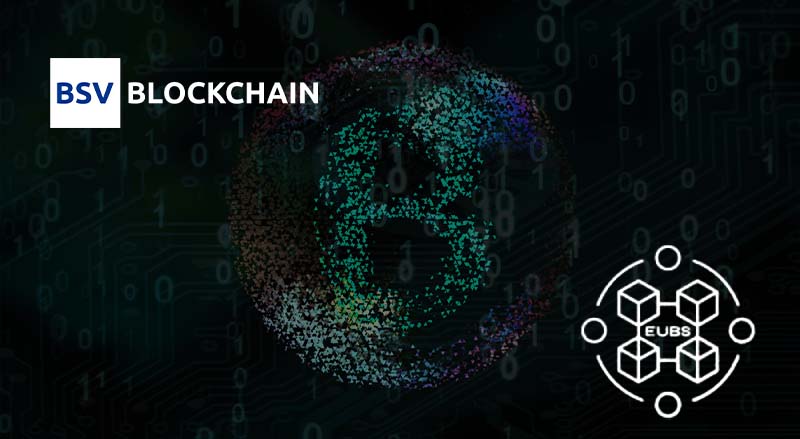The world is facing a major crypto bubble as crypto assets are being bought and sold for speculative purposes, says Rohan Sharan, Founder & Head of Product at Timechain Labs.
Speaking at the recent Enterprise Utility Blockchain Summit in India, Sharan said that this has led to a significant amount of discourse around the buying and selling of tokens, with several major blockchains designed for people looking to get rich quick rather than genuine investment or technological purposes.
By comparison, Bitcoin SV offers genuine utility and an enterprise use case, consistently surpassing the number of transactions seen on other blockchains. Sharan added that this utility comes from the triple-entry accounting ledger used by BSV, which is self-auditing and is an evolution of the double-entry ledger used by the banking system currently.
‘This provides you with data integrity and fraud removal which wasn’t there before,’ Sharan said.
Bit + Coin
Sharan noted that the utility of BSV extends far beyond being just a ledger and that the blockchain is set to form the backbone of micropayments on the Internet.
‘The designers of the HTTP protocol foresaw the development of systems that would allow payments to be transmitted from the client to servers, or even peer-to-peer, without the need for an intermediary,’ he said.
‘The technology didn’t exist at that time to allow micropayments on the Internet but now with BSV we have a true peer-to-peer electronic cash system.’
Sharan noted that Bitcoin also features a scripting language which allows for smart contract capabilities and other financial instruments. He pointed to how all of these ideas were set out in Satoshi’s white paper and that BSV has not deviated from this original vision. Some of the original ideas put forward in the whitepaper include:
- A reliable triple-entry accounting ledger;
- Data integrity (Tamper-evident records);
- Micropayments (for access/data);
- Timestamps of data packets chronologically;
- Tracking of tokenised assets;
- Programmed financial instruments on the data economy.
Correcting Bitcoin’s twisted vision
Sharan was joined on stage by Kurt Wuckert Jr, CoinGeek’s Chief Bitcoin Historian who provided further insight into the history of Bitcoin and how the discourse around it has been further muddied.
Starting with the publishing of the original whitepaper by Satoshi Nakamoto in 2008, Wuckert Jr noted that there were critics who always claimed that Bitcoin would not work or was doomed to fail.
He added that some of these critics and opposing points of view have gone on to create their forks of the Bitcoin blockchain, but ultimately have run into issues as they deviated from Satoshi’s original vision.
‘If you can solve the problem of computers being able to calculate valuable data, and monetise that data across a network without a central authority, you can solve all kinds of problems.’
‘Originally it was critics from a purely academic standpoint, but over time Satoshi Nakamoto left the project, and ultimately it was the people from the big payments companies who saw Bitcoin as a disruptor.’
Wuckert Jr noted that it was these payment companies which were partly responsible for twisting the vision of Bitcoin into a more speculative asset and trying to keep people within the current financial system. ‘The real value of Bitcoin is its ability to create excess value. This is what a real economy is supposed to do,’ he said.
Forks in the road
Outside of the banking system and major financial players, Wuckert Jr said conversations around Bitcoin were further muddied by developers who deviated from the original vision laid out by Satoshi.
He pointed to fundamental disagreements around whether Bitcoin should be a payment or a savings technology, and how this led to forks of the blockchain from the original blockchain.
Ultimately, all of these competing blockchains have run into roadblocks – whether it be through scalability, security, energy costs, or a combination of issues – as they deviated from the original white paper and what Bitcoin originally set out to do.
Wuckert Jr. also tackled some of the prevalent misconceptions that have sprung up around Bitcoin, including:
- The existence of blockchains without Bitcoin;
- The BTC ticker trading as Bitcoin;
- That crypto assets are seen as less ‘honest’ than fiat money;
- The traceability of BSV transactions;
- That BSV is not compliant with regulatory and financial systems;
- The environmental impact of BSV.
You can watch the full discussion between Sharan and Wuckert Jr in the video below.
